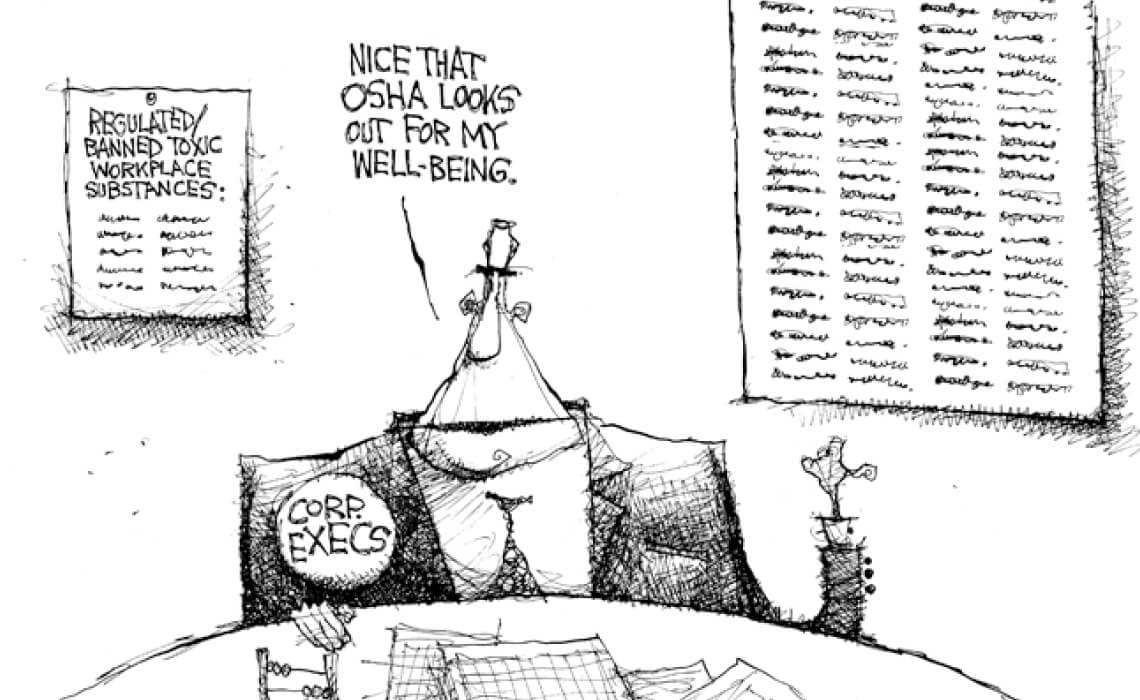Original reporting

This valley is their valley
Decades of inequitable development and intra-regional competition have created a deeply divided Silicon Valley, one where the city of San Jose bears most of the burden.
The delusions of an American Technopolis
San Jose's 30-year quest to be an "entrepreneurial city." A single-minded focus on corporate-based redevelopment never paid off for the city's residents.
Deep-rooted dysfunction
The current administration in San Jose points to "excessive" retirement benefits for its workers as causing its budget woes. But "blame the workers" doesn't adequately explain San Jose's chronic troubles.
Left behind: San Jose and the broken promises of the neoliberal era
Silicon Valley has starkly failed to deliver on the promise of shared prosperity; the city of San Jose is Exhibit A.
Day of reckoning for the parched Southwest: technology and conservation won’t be enough
Does continued growth equal regional death?
Why no literacy programs for 30 million in U.S.?
It's a solvable problem, but Congress is apparently content with adults being stuck struggling at a third-grade reading level or below.
Micro-apartments: more trouble than they’re worth?
A pilot project opens the door to squeezing people into spaces as small as 250 square feet. Beneficial innovation or retrograde lowering of living standards?
Freeing up an enormous nest egg
Both the economy and quality of life would get a boost if U.S. retirees spent as much as old people elsewhere. Why don’t they? The lack of an adequate safety net breeds fear.
Shackling gov’t employees to their desks
Deep cuts in agency conference travel sought by GOP members of Congress belie their “run government like business” mantra.
While you were worrying about rising sea levels…
If Florida is a guinea pig for climate change, there is one consequence for which the state may be especially unprepared: a rise in infectious diseases.